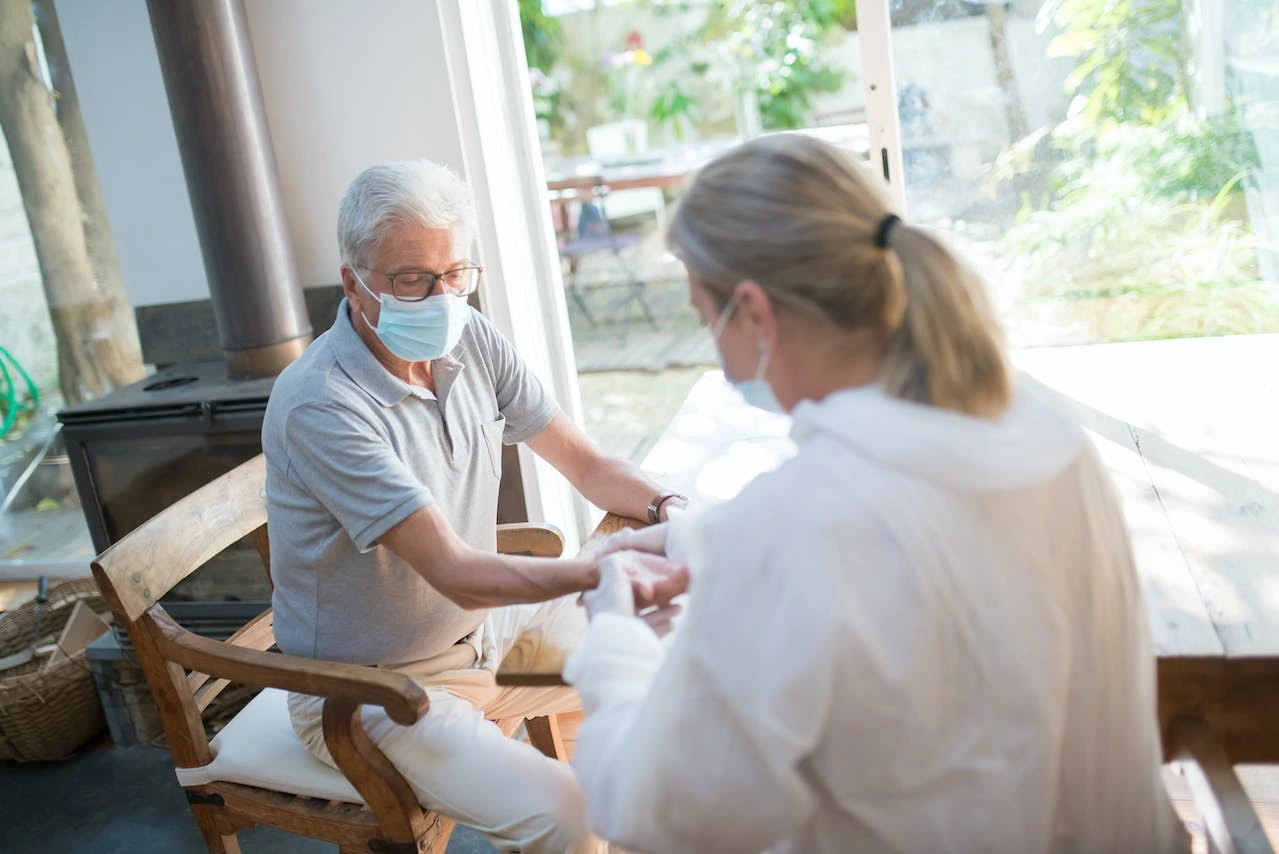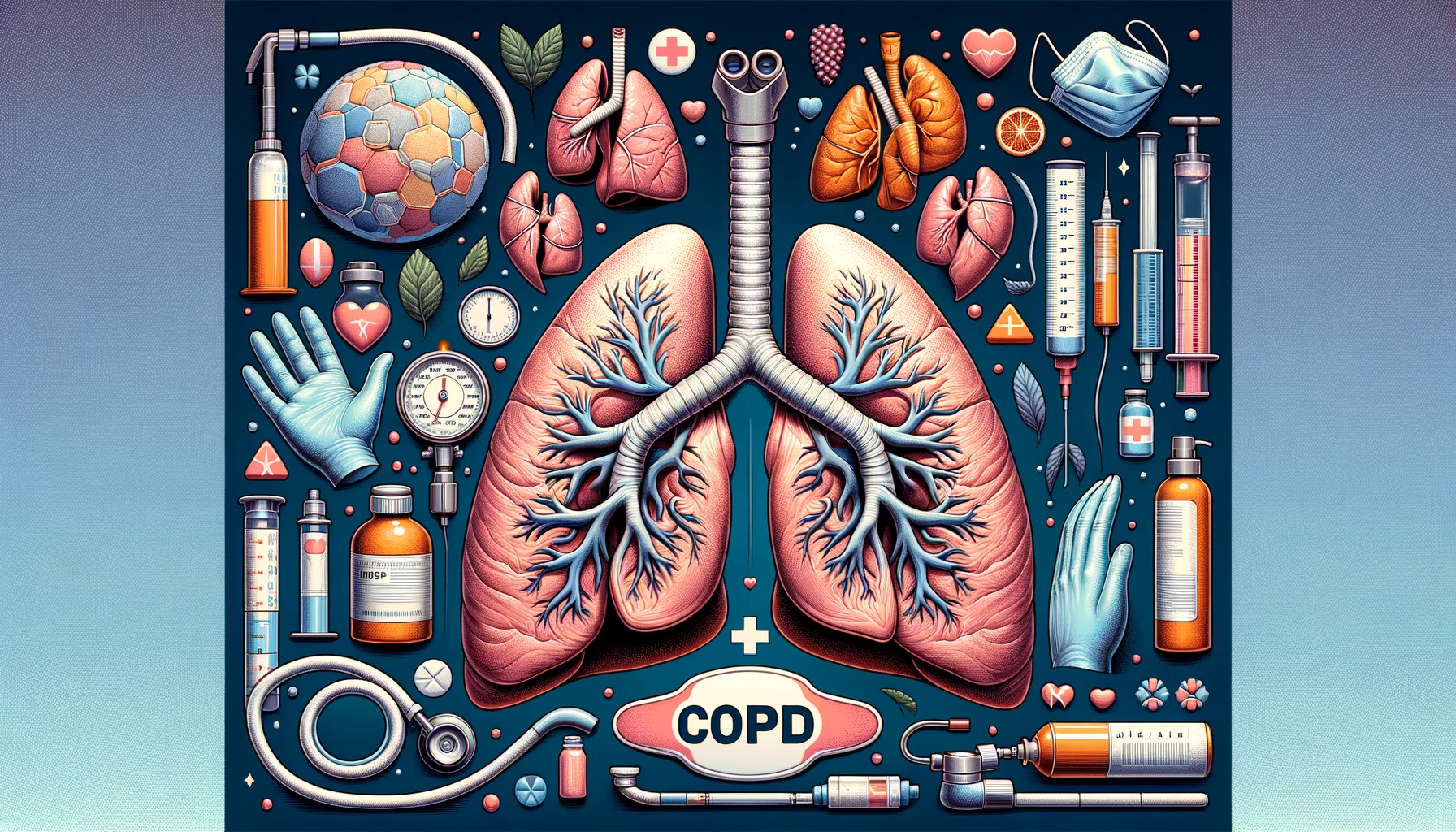Aging is a natural process that brings various challenges. Learn about the eight essential needs of the elderly, including family support, home safety, medical care, and social well-being.

Blog
8 Essential Needs of the Elderly for a Happier, Safer Life
Aging is a natural process that brings various physical, cognitive, and emotional changes. As individuals grow older, their needs evolve, requiring a holistic approach to care. Ensuring that the elderly have access to essential support systems enhances their quality of life and overall well-being. In this article, we explore the eight fundamental needs of the elderly: family support, home safety, medical care, cognitive health, mobility, personal hygiene, meal preparation, and social interaction.
Family support plays a vital role in the well-being of seniors. The presence of loved ones significantly impacts their emotional and mental health. Studies suggest that elderly individuals with strong family connections experience lower stress levels and a higher quality of life.
Regular interactions with family members provide seniors with emotional security. Simple acts such as family gatherings, phone calls, or video chats reduce feelings of loneliness and depression, leading to better mental health.
Family members assist seniors with daily activities like grocery shopping, managing finances, and transportation. This support helps maintain their independence while ensuring their needs are met efficiently.
Elderly individuals may require guidance in making crucial decisions regarding healthcare, legal matters, and finances. Family members often act as advocates, ensuring their best interests are protected.
As aging progresses, mobility challenges and health conditions can increase the risk of accidents. Falls are the leading cause of injury-related hospitalizations among the elderly. Creating a safe home environment is crucial in preventing accidents.
Installing grab bars in bathrooms, securing rugs, ensuring proper lighting, and using non-slip mats can reduce fall risks and enhance safety.
Modifications such as ramps, stairlifts, and handrails improve mobility for seniors using wheelchairs or walkers.
Medical alert systems and easy access to emergency contacts ensure quick response times in case of emergencies.
As seniors age, they often develop chronic conditions such as diabetes, arthritis, and hypertension. Proper medical care ensures they receive timely treatment and management.
Routine medical check-ups help detect early signs of diseases and improve long-term health outcomes.
Proper medication tracking and reminders prevent overdosing or missing doses, ensuring treatment efficacy.
Regular visits to specialists such as cardiologists, neurologists, and physiotherapists help manage specific age-related conditions effectively.
Maintaining cognitive health is essential in preventing dementia and other neurodegenerative conditions. Engaging in mentally stimulating activities helps seniors stay sharp and independent.
Activities like reading, solving puzzles, and playing memory games keep the brain engaged. A CAD test can also help detect cognitive impairments related to color vision and neurological decline.
A diet rich in omega-3 fatty acids and antioxidants promotes brain health, while regular exercise boosts circulation to the brain.
Staying physically active prevents muscle deterioration and enhances mobility.
Regular exercises like yoga and strength training improve balance and reduce the risk of falls.
Using canes, walkers, or wheelchairs ensures safety while maintaining independence.
Aging can make personal hygiene tasks more challenging, increasing the risk of infections and skin conditions.
Caregivers help seniors with bathing, dressing, and oral hygiene.
Using proper incontinence products enhances comfort and prevents infections.
Proper nutrition plays a vital role in strengthening immunity and preventing malnutrition.
A diet rich in fiber, protein, and vitamins supports healthy aging.
Encouraging proper hydration prevents dehydration-related health risks.
Seniors with strong social networks live longer and experience better mental health.
Joining senior groups and participating in volunteer work enhances emotional well-being.
By addressing these eight essential needs, caregivers and family members can help seniors lead a fulfilling and dignified life.
HealthOK Global provides expert insights on nutrition, meal planning, and healthy eating habits. Contact our FREE 24 x 7 Healthcare Helpline at +91-8047190955 for assistance.
Family support plays a vital role in the well-being of seniors. The presence of loved ones significantly impacts their emotional and mental health. Studies suggest that elderly individuals with strong family connections experience lower stress levels and a higher quality of life.
As aging progresses, mobility challenges and health conditions can increase the risk of accidents. Falls are the leading cause of injury-related hospitalizations among the elderly. Creating a safe home environment is crucial in preventing accidents.
Proper nutrition plays a vital role in strengthening immunity and preventing malnutrition.
Need Personalized Health Guidance?
Get expert advice tailored to your specific health needs from our qualified healthcare professionals.




